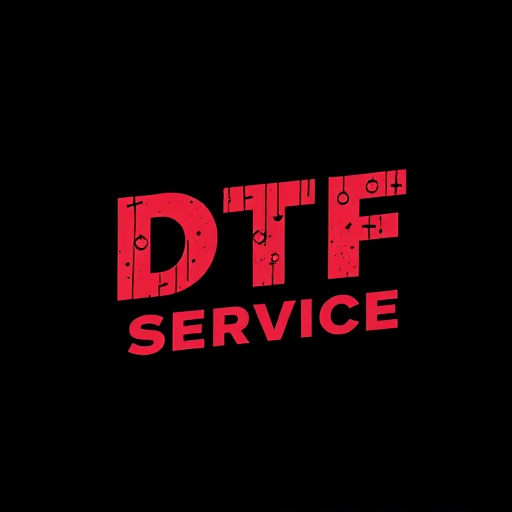Content duplication in multi-site SEO management can harm rankings by confusing search engines about relevant content. Canonical tags are essential to prioritize main pages and avoid duplicates. Dynamic content and custom URLs further enhance optimization, ensuring each site offers unique, location-specific information with better user experience and search engine indexing. SEO services manage these aspects for effective multi-site strategies.
In the realm of multi-site SEO management, content duplication can hinder search engine optimization efforts. This article guides you through effective strategies to avoid such pitfalls. We’ll explore key concepts like understanding content duplication, implementing canonical tags across sites, and utilizing dynamic content with custom URLs. By adopting these tactics, you can ensure a harmonious SEO landscape for your multi-site operations, enhancing visibility and performance in today’s digital era.
- Understand Content Duplication in Multi-Site SEO
- Implement Canonical Tags Effectively Across Sites
- Utilize Dynamic Content and Custom URLs Strategically
Understand Content Duplication in Multi-Site SEO

Content duplication is a common challenge faced by those managing multi-site SEO. It occurs when similar or identical content appears across multiple websites, diluting your search engine optimization (SEO) efforts and potentially lowering each site’s ranking. In multi-site SEO management, it’s crucial to recognize that even seemingly minor variations in content can be problematic for search engines like Google, which strive to provide users with the most relevant and unique results.
Understanding how content duplication affects your multi-site strategy is the first step towards increasing website traffic. For instance, if you operate multiple locations of a business and each site showcases similar product descriptions without local or specific adjustments, search engines might struggle to determine which version to prioritize, leading to lower visibility for all. Leveraging SEO services Dallas can help you optimize content, ensuring each site remains unique, enhances user experience, and ultimately drives more qualified visitors through effective web design near me tailored for each location.
Implement Canonical Tags Effectively Across Sites

Implementing canonical tags is a powerful strategy to avoid content duplication challenges in multi-site SEO management. These tags help search engines understand which version of a page should be considered as the original, thereby preventing multiple sites from competing for the same ranking positions. By effectively using canonical tags across all connected sites, you ensure that your organic SEO services remain streamlined and efficient.
For instance, if you operate multiple websites offering similar products or services but located in different regions, like a website designer Davie FL, canonical tags can be employed to direct search engine crawlers to the most comprehensive and authoritative version of each page. This approach ensures that your overall multi-site SEO strategy is strengthened, avoiding any confusion or duplicate content penalties that could hinder your online visibility.
Utilize Dynamic Content and Custom URLs Strategically

In multi-site SEO management, dynamic content and custom URLs play a strategic role in avoiding duplication and enhancing search engine optimization (SEO). By utilizing dynamic content, you can create unique material for each site while maintaining a centralized structure. This approach ensures that each page has distinct, relevant information, boosting its authority in search results. For instance, a SEO company Broward County might employ dynamic content to display location-specific data on each branch’s website without duplicating the main corporate content.
Custom URLs further reinforce this strategy by allowing you to create unique addresses for each site or specific pages within your multi-site setup. This technique not only improves user experience but also helps search engines understand and index your sites more effectively. When combined with high-quality custom website design, strategic URL customization can significantly contribute to the overall success of your multi-site SEO management efforts, ensuring that each site is optimized for better visibility and performance in search engine rankings.
In managing a multi-site SEO strategy, it’s crucial to understand and mitigate content duplication. By implementing canonical tags across sites, utilizing dynamic content with custom URLs, and staying mindful of duplicate issues, you can ensure each site contributes uniquely to your overall SEO performance. These practices promote a strong, diverse digital presence, enhancing search engine visibility and user experiences in the competitive landscape of multi-site SEO management.














